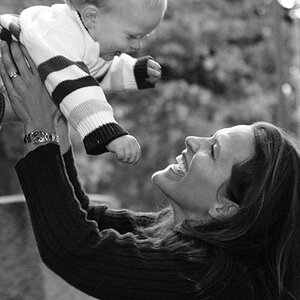YoungPhotoGirl
No longer a newbie, moving up!
- Joined
- Jun 28, 2012
- Messages
- 242
- Reaction score
- 34
- Location
- New Zealand
- Can others edit my Photos
- Photos NOT OK to edit
Lovely worktl;dr
IMHO, it doesn't matter which mode you use as long as you get the photos you need. Some of the automatic modes can be very useful in certain situation especially moving in and out of different lighting. People get fixated on manual mode. It's not the answer to become a better photographer.
Also, metering without specify which metering mode and where to meter is leaving out major critical parts of getting the correct exposure. Matrix metering mode of a high contrast scene will give you a totally different reading vs spot metering of highlights vs center weighted of mid tone. A general understanding of the exposure triangle is an important part of becoming a better photographer, and it will help you to effectively control your images in manual mode.
When you blog from a position of knowledge, you need to make sure you cover all your bases because it is an invitation to be scrutinized by other professionals especially on an open forum. The negative tone against other professionals in the blog doesn't help either.
My humble opinion...
Wait did someone say post some work??
View attachment 154865
View attachment 154869
View attachment 154867
I'm decent with off camera flash too...
View attachment 154863
View attachment 154864
View attachment 154868











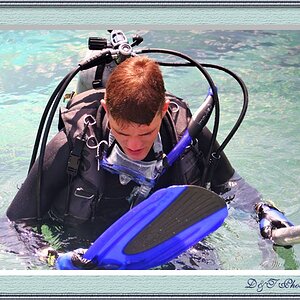

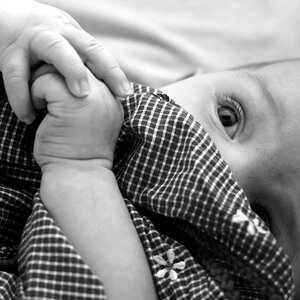


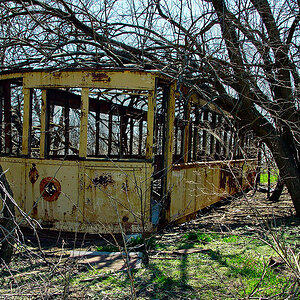
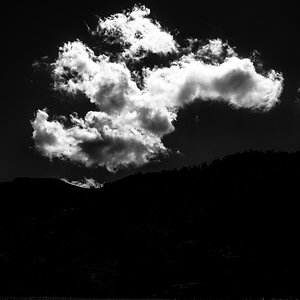
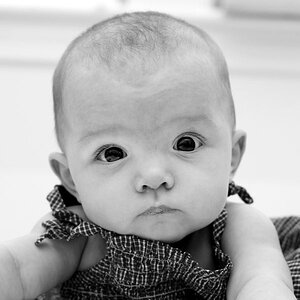
![[No title]](/data/xfmg/thumbnail/31/31980-e5048a424621c7b3cd0d306d63c09d67.jpg?1619735137)
